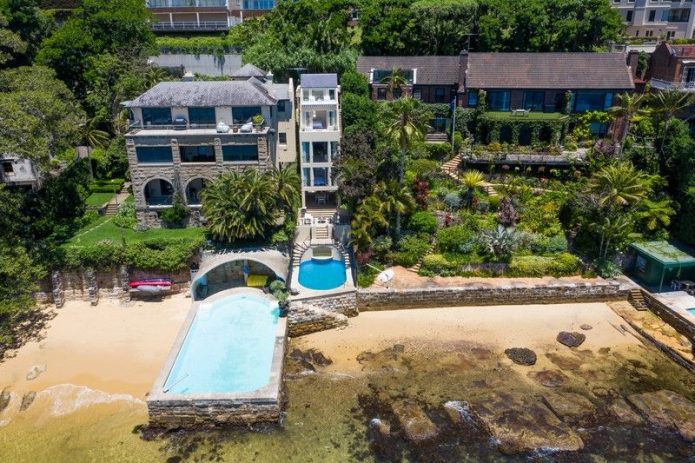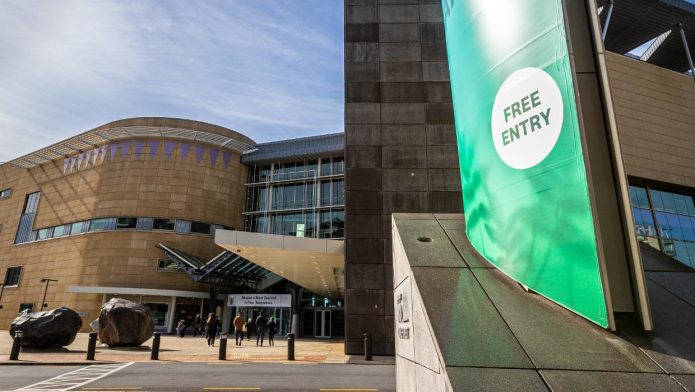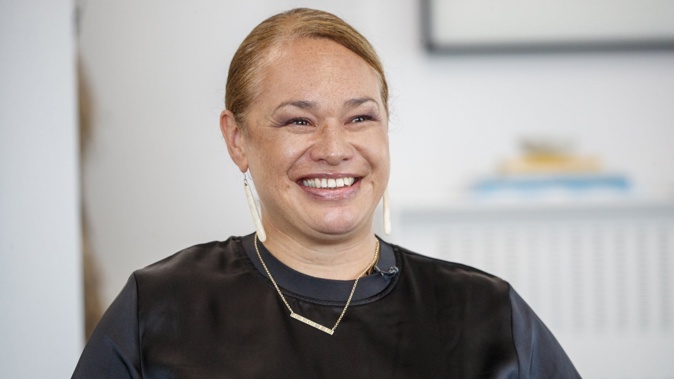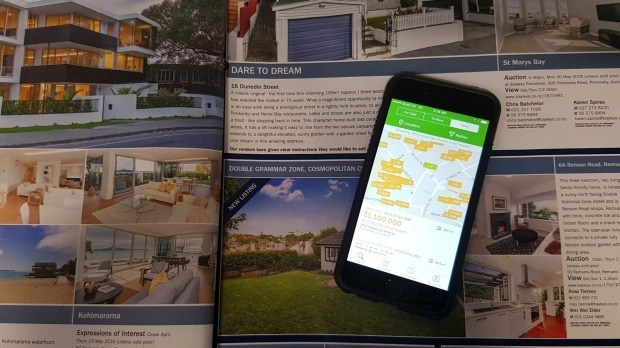PHOTO: Trade Me Property
The New Zealand property market started the year strong with seven provinces kicking off 2020 with record average asking prices, according to the latest Trade Me Property Price Index.
Head of Trade Me Property Nigel Jeffries said it was the provinces rather than the main centres which took the spotlight in January. “While typically Auckland and Wellington hog the headlines when it comes to property prices, the provinces have been increasing considerably with some even experiencing strong double-digit price growth.
“The average asking price in Bay of Plenty, Gisborne, Manawatu/Whanganui, Marlborough, Nelson/Tasman, West Coast, and Southland all hit new highs in January. Out of the record-breaking regions, Southland, West Coast and Manawatu/Whanganui were the standouts with a year-on-year increase of 15.4 per cent, 14.4 per cent and 18.6 per cent respectively.”
Mr Jeffries said it’s a great time to be selling your house. “In January we saw a 6 per cent jump in the number of views on properties for sale compared to last January, while stock was down 22 per cent on the year prior. With record high prices in a lot of regions, demand for properties on the rise and low stock, it’s more a seller’s market.”
Almost every region saw an annual increase in property prices and the national average asking price saw a year-on-year increase of 3 per cent to $666,900 in January.
Wellington house prices hold strong
“Homeowners in Wellington have plenty of reasons to smile this month after the average asking price in the region rose almost 10 per cent on the year prior to $677,850 – an annual increase of almost $60,000.”
Mr Jeffries said with demand for Wellington properties rising 11 per cent and supply falling 20 per cent on January 2019, it’s not surprising to see house prices on the rise.
“Property prices in the Wellington region took off in mid-2016, later than the Auckland market, and have shown no real signs of slowing since.”
“Taking a closer look at the region, property prices increased in all districts within the Wellington region in January, with Lower Hutt and Upper Hutt seeing incredible year-on-year growth to reach new records.”
| District | Average Asking Price ( * = new record) | Year-on-year change |
| Wellington Central | $778,150 | Up 2.4% |
| Lower Hutt | $630,650* | Up 14.6% |
| Upper Hutt | $620,450* | Up 13.9% |
| Porirua | $736,550 | Up 10.9% |
| Kapiti Coast | $650,000 | Up 11.4% |
| Masterton | $457,850* | Up 7.8% |
| Carterton | $528,750* | Up 11.8% |
| South Wairarapa | $625,250 | Up 6.7% |
Growing demand for Auckland properties
Mr Jeffries said there were plenty of buyers looking for properties in Auckland during January with the average number of views rising 31 per cent on December.
“A surge of prospective buyers kicked off the New Year looking for properties to buy in Auckland.”
Mr Jeffries said despite property prices in Auckland remaining relatively flat, with an annual 0.3 per cent dip to $916,250, we expect prices in the region to rise in the coming months. “The number of properties on the market in Auckland was down 3 per cent on December and with demand on the rise, this could be a perfect storm and so we expect the market to bounce back in 2020, with house prices rising once more.”
The average asking price for apartments in the Auckland region continue to go from strength-to-strength after an annual increase of 8 per cent to $715,250.
Small houses hit record
“Small houses (1-2 bedrooms) across the country have reached a record average asking price of $485,600 after a solid 8.3 per cent annual increase.”
Mr Jeffries said small houses in Wellington experienced the largest year-on-year increase of 13.3 per cent to $542,000 while small houses in Auckland were the only house size to fall, experiencing a 3 per cent dip to $685,250.
Apartments are the hot favourite
“Apartments continue to be popular with buyers across New Zealand and in January the average asking price for apartments rose a solid 6.5 per cent to $672,700.”
Mr Jeffries said apartments in Auckland have become a hot favourite with some buyers. “Apartments are a great way for Kiwis to get a foot on the property ladder. They are typically warmer, drier and require less maintenance than a house, so you can see why these types of properties are attractive for many prospective buyers.”
Christchurch apartments also saw an annual increase, rising 7.3 per cent on January last year to reach $492,900.
-ends-











